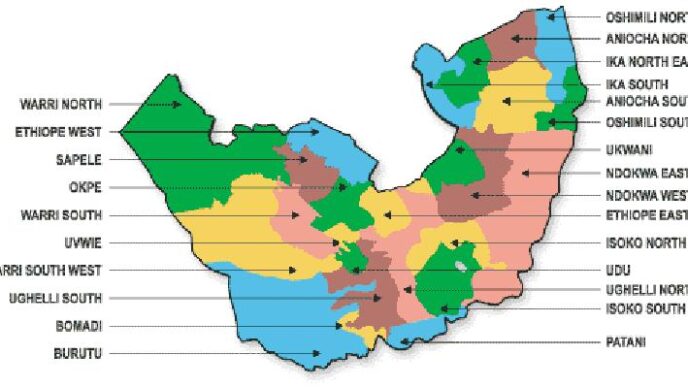BY MARC LEAF
African enterprises are scaling up their adoption of new technologies to protect against disruption and build new capabilities that can drive their growth and innovation efforts.
While technology adoption among African enterprises lags much of the developed world, this picture is changing. A PwC study found that 87 percent of CEOs in Africa’s financial services sector are experiencing significant technology-driven disruption to their business models, compared to only 50 percent of CEOs globally.
A report by the UN Trade & Development Agency (UNCTAD) found that the key to Africa’s development is the expansion of knowledge-intensive services such as technology-based and fintech services. The report highlighted the importance of harnessing the transformative power of digitalisation for development and value creation in African economies.
Advertisement
Key factors driving enterprise tech adoption
Africa’s accelerated adoption of new technologies is driven by significant economic growth and an expanding youth population. The continent’s youth population, the largest and fastest-growing of any region, is increasingly tech-savvy, thanks in large part to the pervasive use of mobile technologies throughout the continent, driving greater demand for digital services and customer experiences.
At an enterprise level, companies are undergoing digital transformation initiatives in an effort to modernise their operations and adapt to changing market dynamics. This includes the leveraging of cloud technologies, data analytics, Internet of Things and, increasingly, Business AI. By leveraging the latest technologies, African enterprises can leapfrog their development and attain cutting-edge capabilities that can improve their global competitiveness.
Advertisement
The rapid adoption of new technologies can also be seen as a mitigating factor to protect against external shocks such as the pandemic and ongoing geopolitical conflict. Digital technologies are proven to improve resilience and business continuity during times of upheaval, leading African enterprises to prioritise investments in technology to withstand future disruptions to their operations.
A toolkit for accelerated tech adoption
As the pace of change continues to accelerate, enterprises are in a race to build the capabilities needed to drive efficiency, optimisation, innovation and growth while meeting rapidly shifting customer expectations.
In this environment, effective collaboration and integration within the business have become essential. Organisations that can integrate teams across different departments and functions are better positioned to maximise the value of their technology investments. The seamless integration between systems and processes also enhances efficiency, productivity and organisational agility.
Advertisement
Enterprises should also take care to improve their vendor management capabilities to build stronger partnerships with third-party providers. By leveraging the expertise and global learnings from tech vendors and their partners, African enterprises gain access to expertise, support and resources that enhance the overall technology lifecycle.
Organisations should also strive to embed a culture of innovation and continuous improvement throughout every layer of the business. By creating an enabling environment for the exploration of new ideas, technologies and use cases, organisations can accelerate tech adoption and unlock opportunities for optimisation and value creation.
Keys to ongoing value realisation for new tech
Once new technologies are implemented in an enterprise, the focus should shift to realising ongoing value from the investment. Here, five key factors determine a company’s success at maximising the value derived from technology, including:
Advertisement
- Setting clear objectives and ensuring close alignment between business and IT;
- Conducting continuous evaluation and monitoring to assess whether the expected value is being realised, and identifying areas for improvement at a business and user level;
- Taking an agile approach to technology implementation that allows for flexibility and responsiveness to changing business needs. By breaking down digital transformation projects into smaller, more iterative steps, organisations enable quicker delivery of value, with the added benefit of easier course correction should existing approaches not deliver the desired value;
- Prioritising user adoption and training which can significantly limit the success of new technology deployments. Care should be taken to ensure employees are proficient in using the new capabilities through effective and ongoing change management; and…
- Leveraging data-driven decision-making through data analytics and business intelligence tools that help organisations identify areas of improvement and opportunities to deepen innovation and value-creation efforts, all based on accurate, real-time business insights.
By unlocking the value of the new capabilities for end-users, African enterprises can drive adoption and ensure the business benefits from its investment into the latest technologies, building greater resilience, efficiency and growth.
Marc Leaf is the services sales advisor for training & adoption, SAP Africa
Advertisement
Views expressed by contributors are strictly personal and not of TheCable.
Add a comment









